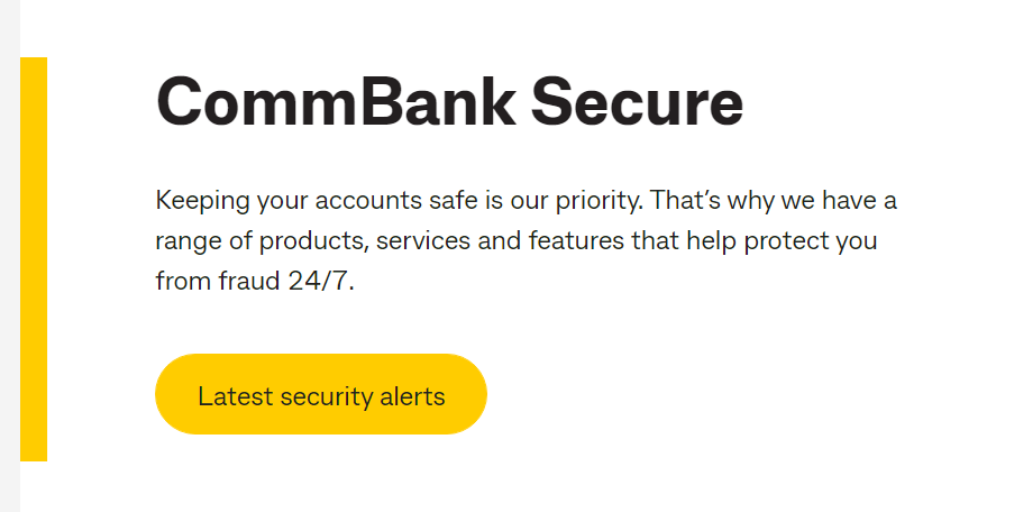Technology and the internet continue to change the way we interact with each other – with our members, customers, donors, and even our future employees and volunteers.
With the impact of cybercrime in Australia estimated at over $1 billion and growing*, the convenience of connectivity brings with it risks which we need to manage. While you may not think your organisation is a target for cybercrime, cyber criminals are rather like electricity – they search out the path of least resistance. Unfortunately there is no ‘silver bullet’ when it comes to online security, however experts believe that up to 90% of current cyber threats can be reduced by following basic ‘cyber hygiene’.
Staying safe online
Daniel Muchow, Manager for Cyber Outreach at CommBank’s Digital Protection Group, shared the following four areas where organisations can implement some simple ‘cyber-hygiene’ measures to help protect themselves from cyberattacks.
- Passwords
Passwords are the ‘digital’ key that helps keep information safe. Secure passwords that are changed regularly are vital to keep your organisation’s accounts safe, and to protect the privacy of your members and donors. You should ensure passwords are:
- More than eight characters – long and complex passwords are harder to decipher.
- Made up of a variety of letters, numbers and symbols.
Avoid using the same passwords at home as you do at work. Password re-use is a big risk and increases the chance of a hacker being able to access your network, and always make sure you have a different internet banking password.
- Network Security
Networks make it easy to share information however, an incorrectly configured network increases the risk of unauthorised access. To help protect your network consider:
- Changing the default settings
- Hiding your network so others cannot try to connect
- Protecting your data
- Creating a visitor mode for guests
- Turning off unused features
- Keeping an inventory of devices approved to use your network.
- Cloud Security
A cloud service can offer improved productivity, flexibility and reduce costs for smaller organisations. If you are using the cloud, the security and privacy of your data is largely in somebody else’s direct control so it’s important to:
- Thoroughly read the terms and conditions
- Understand the access controls
- Secure your data
- Have backups
- Keep a watch on your provider’s practices.
- Securing your devices
Writers of malicious software (malware) including ransomware and key loggers, rely on users of a system making simple errors which enables them to infect a device or gain unauthorised access. To help reduce the risk, look to ensure the security of your devices by:
- Turning on automatic updates
- Not postponing updates to apps or software
- Installing security software and keeping it up to date
- Only installing software from reputable publishers
- Limiting administrative access to your computers
- Encrypting your hard drives.
Useful online resources
There are also a number of free resources which can assist in helping you keep up-to-date in the battle against cybercrime including:
- Signals – CommBank’s quarterly security update
- Damn Good Advice Guide on Cyber-Safety and Fraud Prevention
- CommBank’s ‘Staying safe online’ hints and tips http://www.commbank.com.au/security
Finally, of course there is no substitute for ensuring your employees and volunteers are properly trained in online security as you continue to keep your organisation safe in today’s cyber world.
Julienne Price, Head of Schools and Not-for-Profit Sector Banking, Commonwealth Bank
*Australian Government, see: https://cybersecuritystrategy.p












